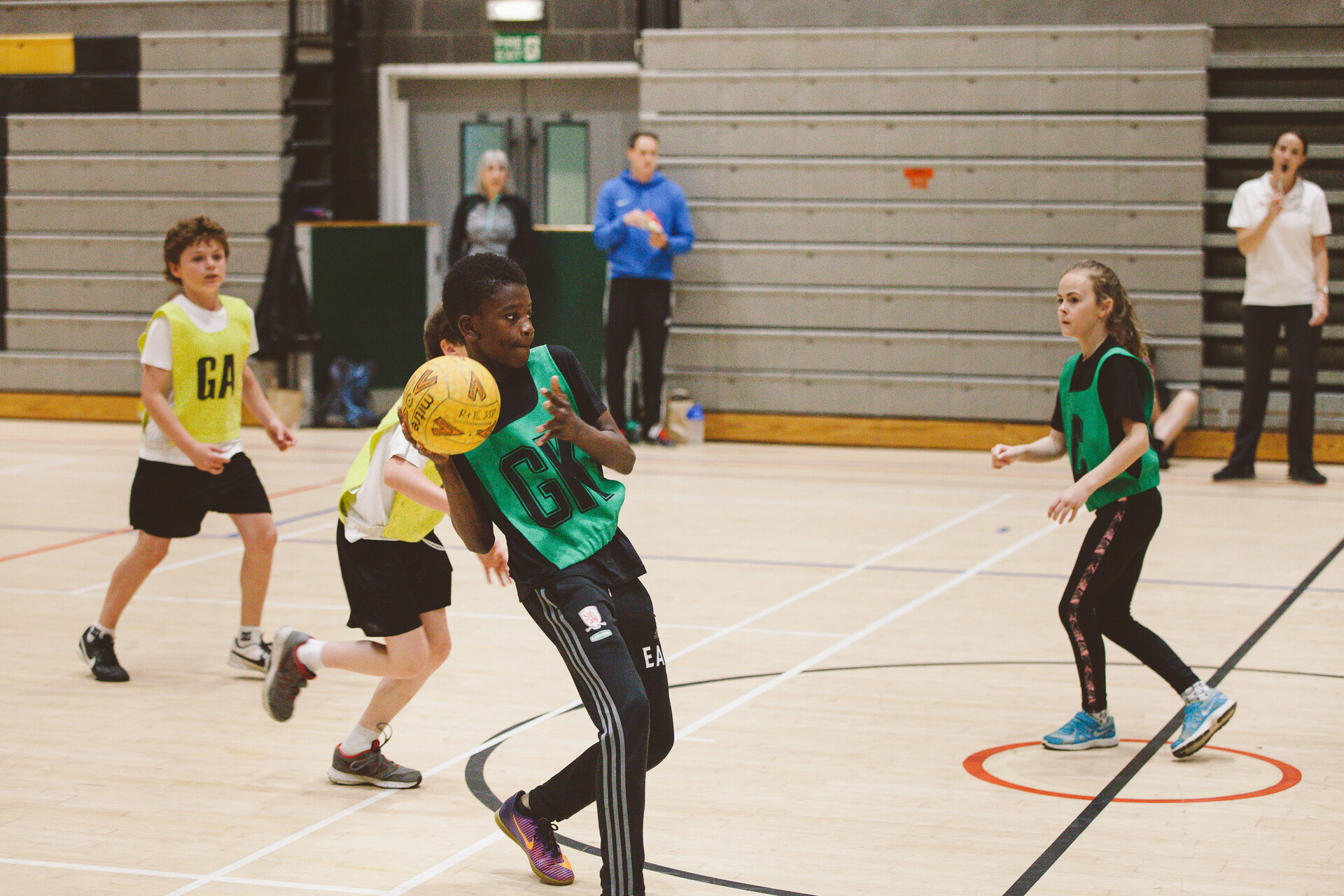Low sport participation students at risk of unhappiness, says Manchester Met survey

New research by Manchester Metropolitan University shows sports participation in school is associated with higher levels of wellbeing for young people.
The survey of 5, 481 young people aged 13-15 also shows that participation in sport is a significant predictor of self-belief and mental toughness and the continued promotion of school sport throughout a child’s time at school, up to and including during exams, should be encouraged.
The research was undertaken on behalf of the Youth Sport Trust (YST) and The Heads’ Conference (HMC).
Conducted across both state and independent schools, the results showed similar levels of correlation between wellbeing and sports participation in both. The research showed that the wellbeing benefits of sports participation can be gained for all students, regardless of the sector they are educated in.
Participation in sport was identified by using survey data to create a composite score reflecting the number of sports a child had participated in, their involvement in sports at school, and the perceived importance of sport at school.
The research found that:
- Greater sports participation in school is associated with higher levels of wellbeing
- Sports participation is a significant predictor of self-belief and mental toughness, key life skills for young people
- Students in year 10 reported lower participation in sport than those in year 9, and also lower levels of wellbeing, self-belief, and mental toughness
- The effects of mental toughness and self-efficacy on life satisfaction and happiness were greater for girls than boys
Ali Oliver MBE, CEO at Youth Sport Trust, said: “This powerful new research clearly shows not just the importance of young people taking part in sport and physical activity at school, but crucially continuing to take part throughout exam season.
“We know that healthy and happy children learn better, and with mock exam season approaching for many young people, this research highlights the need for young people to remain engaged in sport throughout the school year.
“In particular, more needs to be done to ensure that girls remain active throughout their school careers. We have seen both enjoyment and participation levels in PE drop in recent years and as this latest research shows, taking part in sport can play an important role in life satisfaction and happiness for girls.”
Simon Hyde, general secretary of HMC, said: “The research HMC and the Youth Sport Trust have published today is incredibly valuable to schools, parents and policymakers and shows the true value of sport and physical activity to our children.
“Physical activity is not only great for the wellbeing of young people today, but helps boost their self-belief and mental health. We know that healthy children are more attentive and perform better in the classroom – that is why HMC schools put such an emphasis on the academic but also the co-curricular, extracurricular, pastoral and sporting aspects of their provision.”
Kevin Knibbs, chair of the HMC Sports Committee and headmaster at Hampton School, said: “These important research findings highlight the hugely beneficial role that sport is able to play in the lives of young people and its positive effects upon their wellbeing, self-esteem and resilience.
“Ensuring that pupils have plenty of active involvement in sport at school throughout the year – including and especially in the run-up to exams – helps them to maintain a healthy balance and navigate teenage life’s pressures and demands.”








